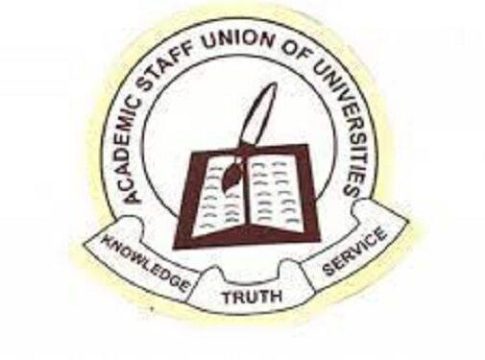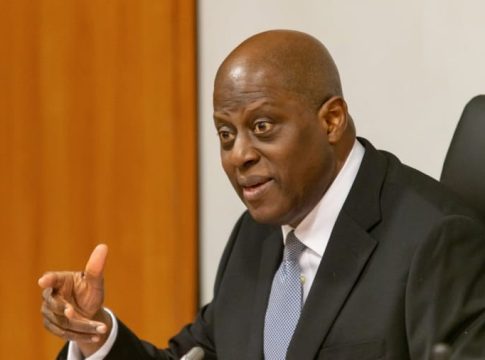The Academic Staff Union of Universities (ASUU) has voiced an impending total strike due to the Federal Government’s failure to uphold agreements previously made with the union.
A significant point of contention cited by ASUU is the refusal by certain interests to sever the union from the Integrated Personnel Payment Information System (IPPIS) despite directives from the Federal Executive Council (FEC).
During a press briefing held yesterday, Friday in Makurdi, Benue State, ASUU-Nsukka Zone Chairman, Comrade Raphael Amokaha, presented a statement titled “Averting a Crisis,” where he highlighted the initiation of the Government Integrated Financial Management System (GIFMIS) as a backdoor continuation of IPPIS.
He urged the government to investigate and penalize those who are profiting from these payment platforms at the expense of federal universities.
ASUU also expressed dismay over the government’s failure to disburse the remaining balance of eight months’ withheld salaries and the non-payment of Earned Academic Allowances (EAA), among other entitlements owed to its members.
READ MORE: Renowned Boko Haram Commander Surrenders Alongside Five Dreaded Insurgents
Reacting to the reformation of Governing Councils by the Federal Government, the union criticized the unwarranted dismissal of some councils before the end of their terms, adding this issue to the roster of disputes.
The union called into question the government’s commitment, hinting at past instances such as the dismissal of the 2009 Agreement achieved through collective bargaining and the lack of advancement despite the government establishing negotiation teams.
With President Tinubu’s pledge to eliminate strikes in universities, ASUU stands at a critical juncture, urging immediate action to stave off potential strikes by finalizing the draft agreement and enacting its contents.
The union made an appeal for the substantial funding of state and federal universities, underscoring a long-standing position since 1992 that both federal and state governments should allocate a minimum of 26 percent of their annual budgets to education, adhering to UNESCO’s recommendation.
SOURCE: Africa Today News, New York




